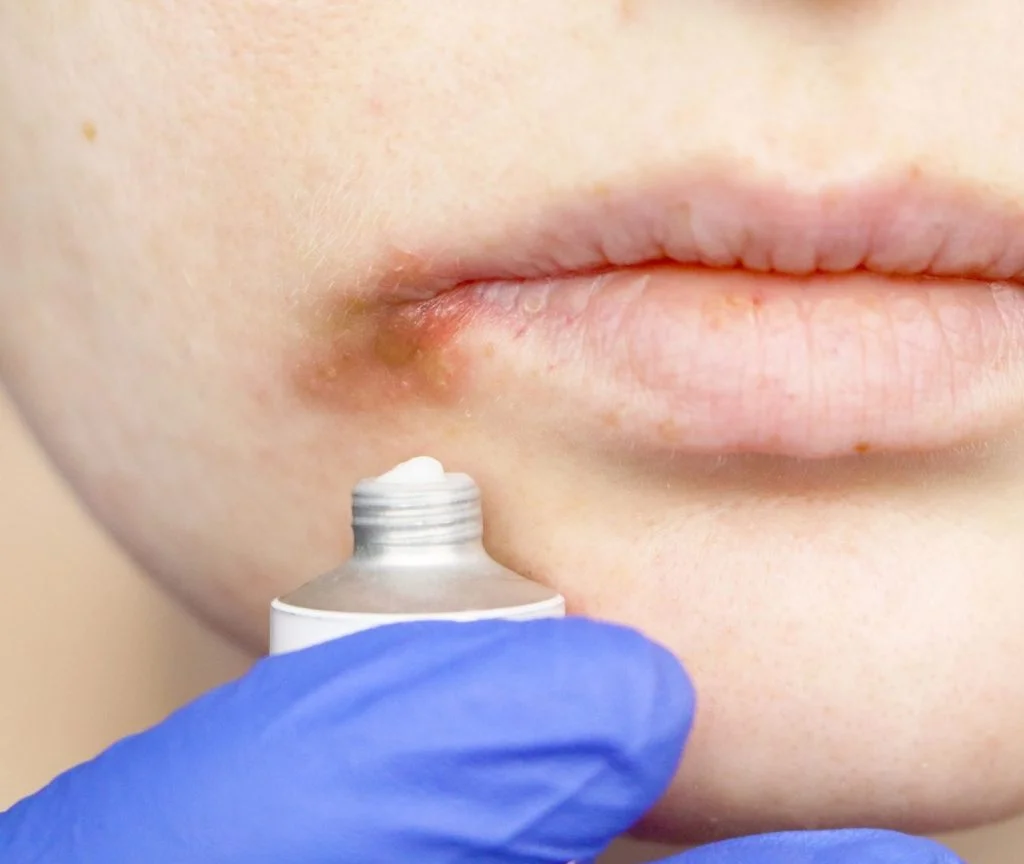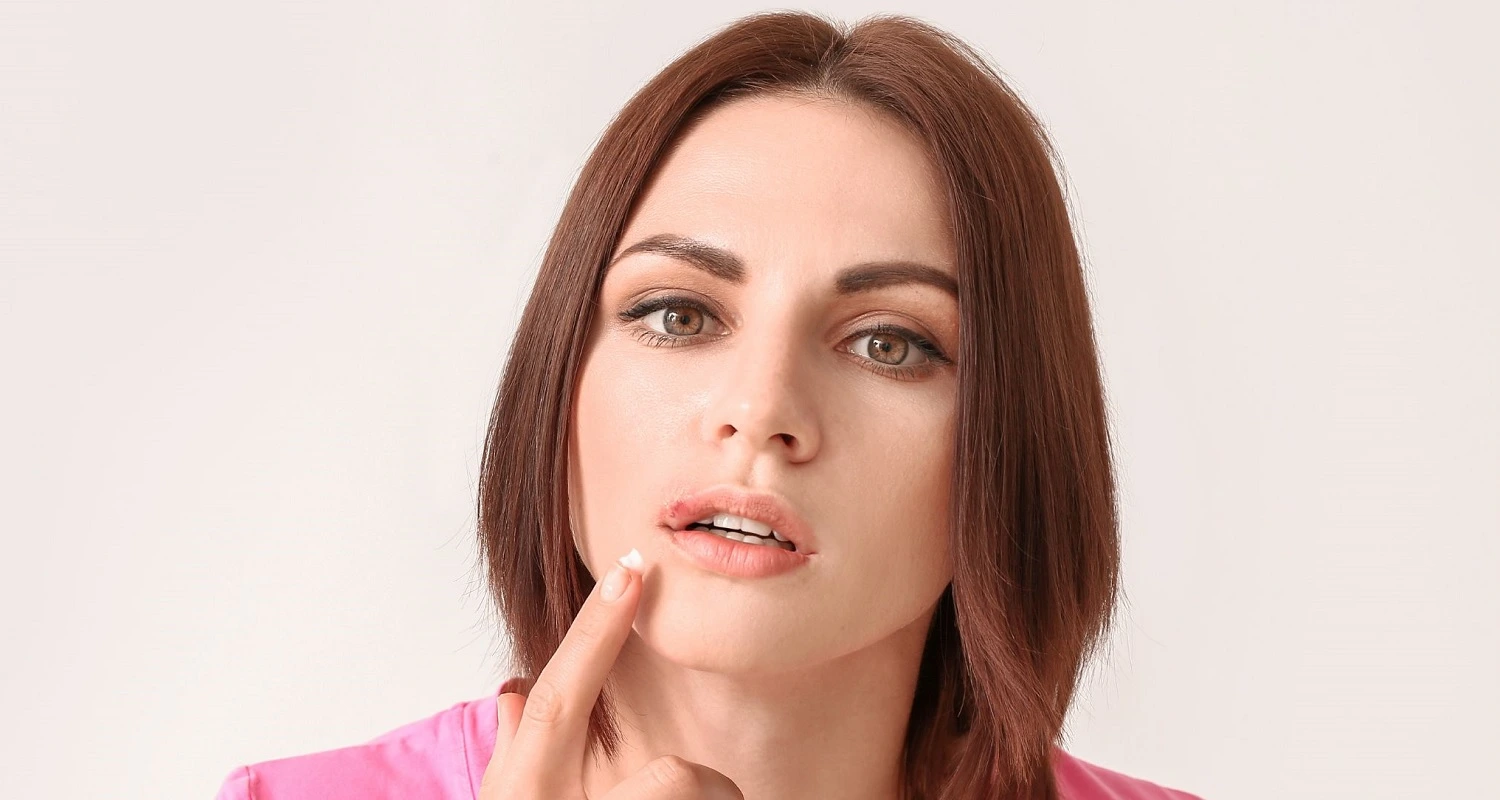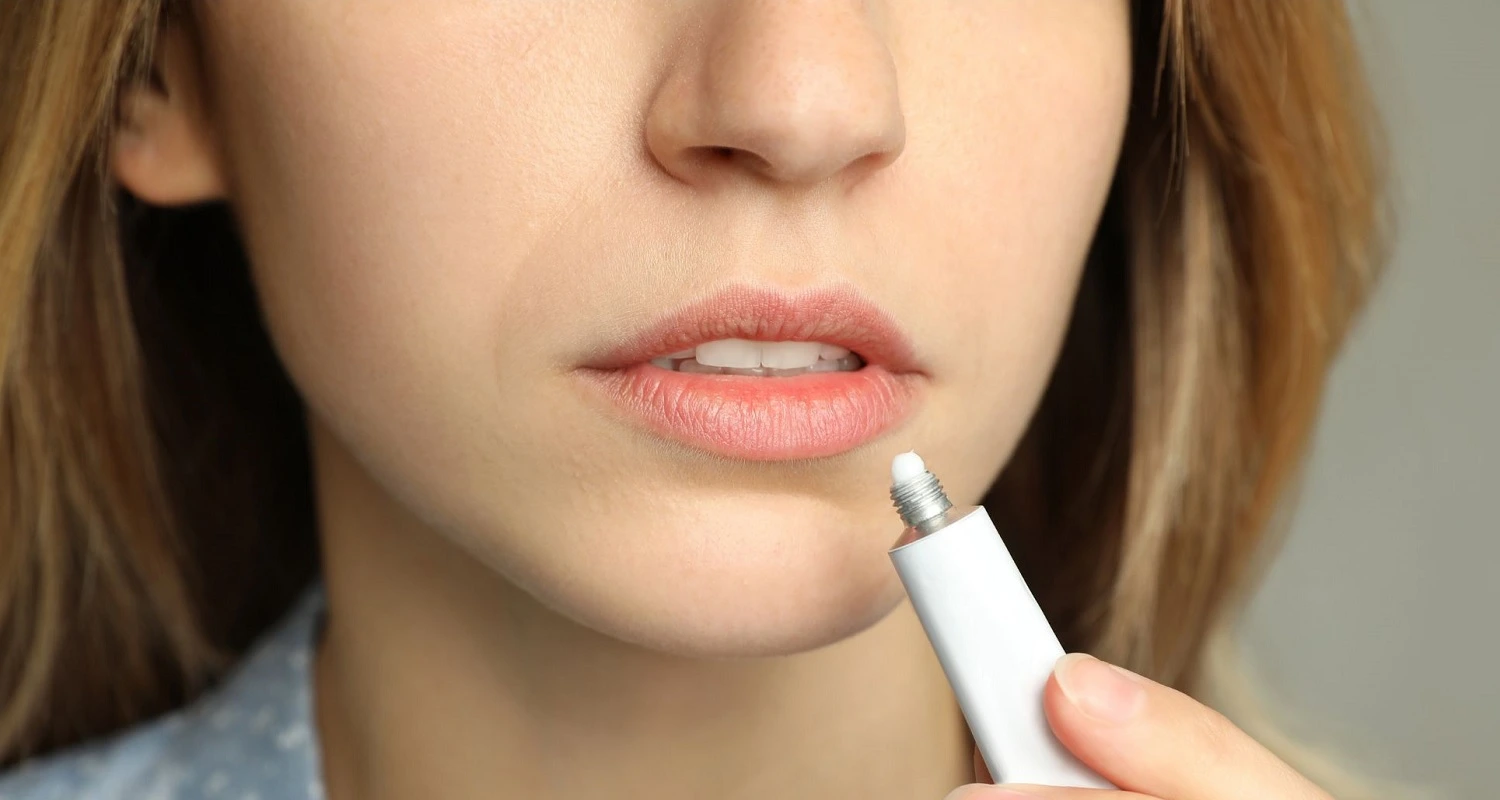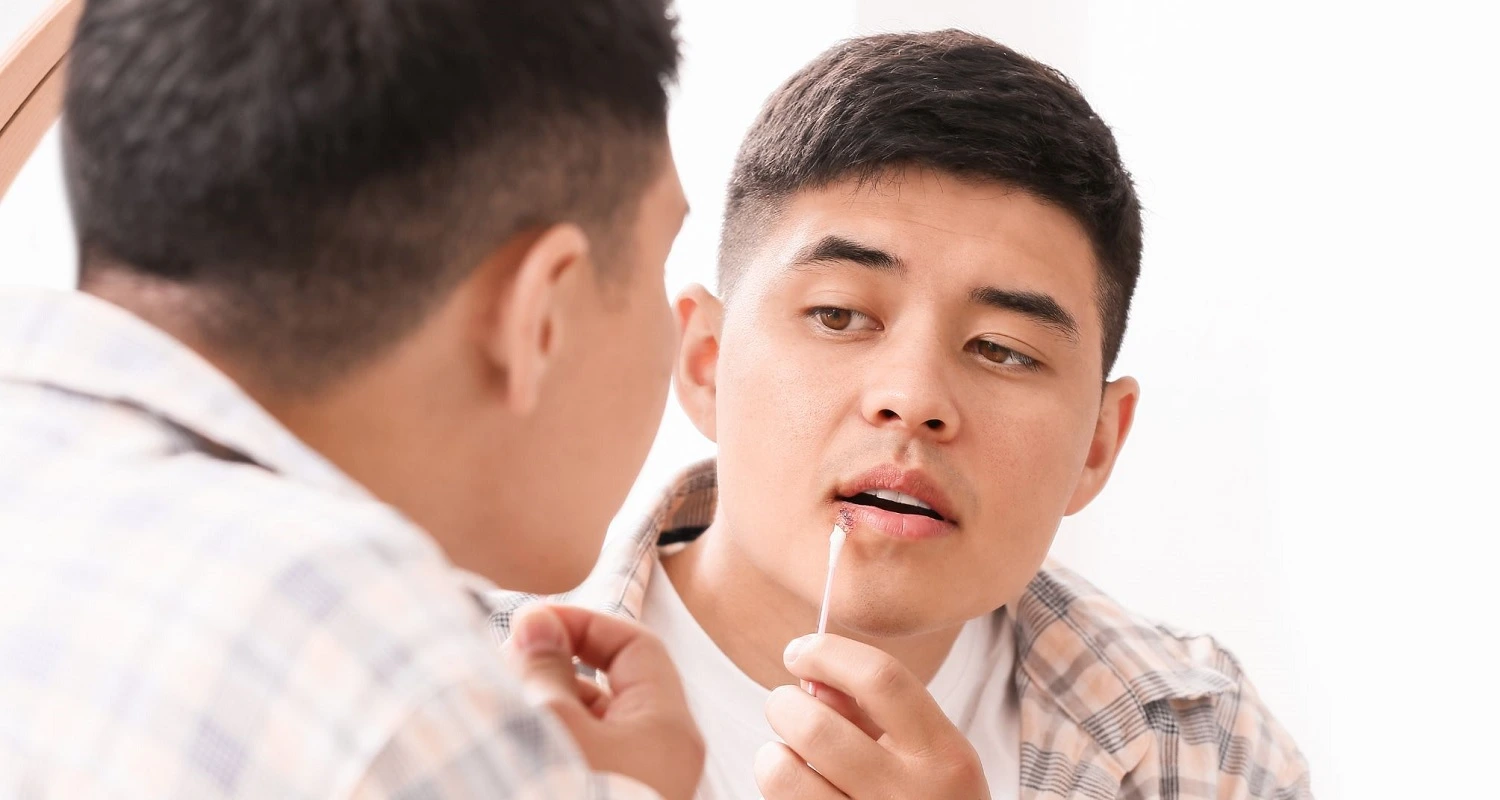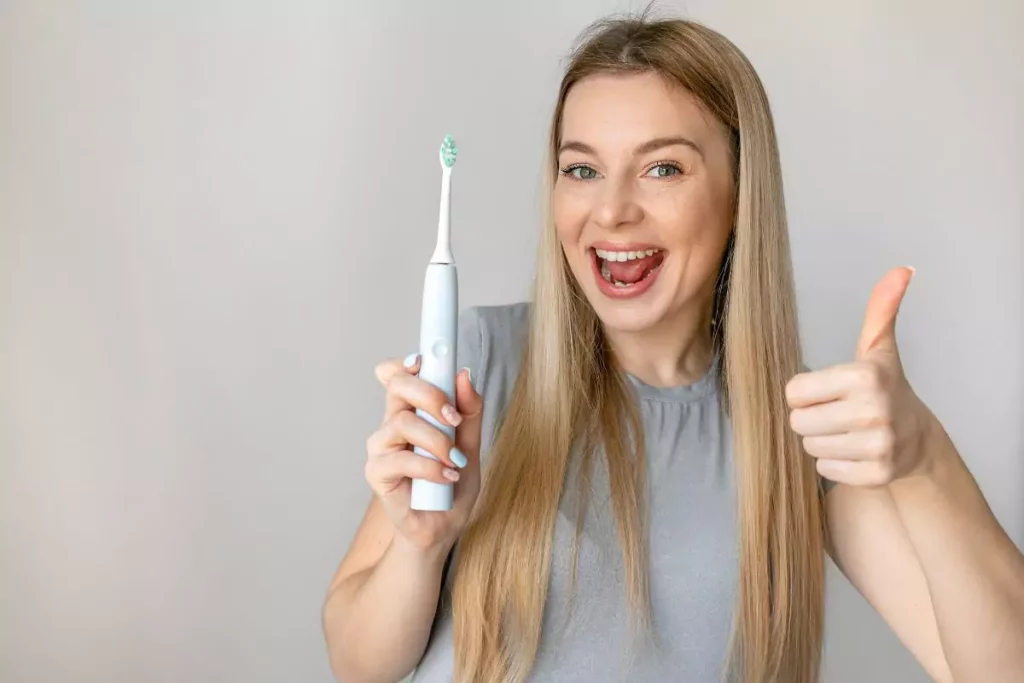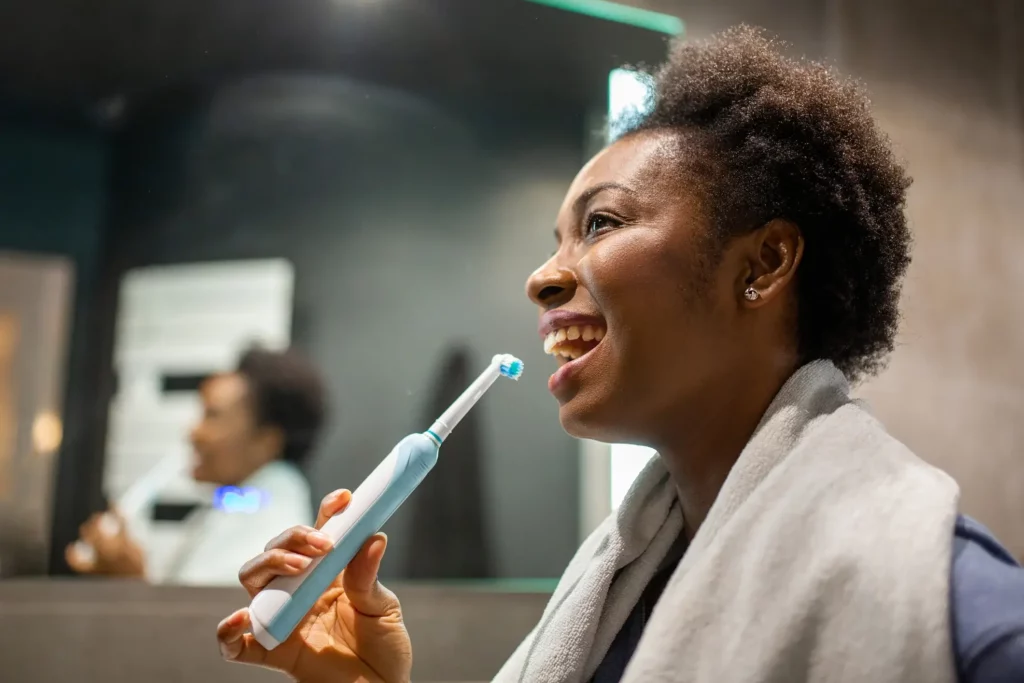Cold Sore Treatments: Complete Guide
Cold sore is a common condition, characterized by the appearance of blisters on the skin and mucous membranes, especially on the lips. Although it is a harmless and common ailment, it is often annoying, which is why many patients seek treatment to alleviate their symptoms. There is no definitive cure for oral herpes; however, in the following article, we will thoroughly explore the cold sore treatments available to improve symptoms and accelerate the healing of cold sore lesions.
Understanding Cold Sore Causes: Also Known as Oral Herpes
1. What is cold sore?
Cold Sore is an infection caused by the herpes simplex virus, which manifests in infected areas as small wounds with a yellowish edge, which were previously blisters. It is usually transmitted through kissing or sharing drinks with a person who has active open wounds caused by the virus. Wounds, called cold sores, caused by oral herpes usually disappear within 2 to 4 weeks without treatment.
2. How long does it take to cure cold sore without treatment?
It is important to remember that oral herpes has no cure. Once the infection is acquired, it remains in the body and can cause relapses in which ulcers appear on the lips. Typically, in patients with a healthy immune system, these oral herpes blisters can take 2 weeks to heal.
3. How is cold sore spread?
The herpes virus is transmitted through direct contact with open wounds and saliva. Sharing drinks, cutlery, and makeup, and kissing are the most common ways of spreading the virus.
4. Who can get cold sore?
Anyone at any age can get oral herpes, but those with conditions that weaken the immune system can get it more easily. For example, people living with HIV or receiving chemotherapy are more likely to acquire the infection.
5. What triggers the appearance of cold sore blisters?
When a patient is infected with the herpes virus, it affects a sensory nerve. The infection remains inactive or latent throughout the life of the individual. When stimuli such as episodes of stress, fever, cold or flu, hormonal changes, sunlight and respiratory infections occur, they can trigger the characteristic oral herpes blisters.
Caring for Children With Cold Sore
In children, pain management and promoting rapid healing are essential. The steps to follow are:
● The use of antiretrovirals such as acyclovir, prescribed by the doctor, should reduce the healing time of the wound and the severity of the symptoms if it is administered in the prodrome, that is, up to 48 hours before the appearance of the wound.
● Apply ice to the affected area, accompanied by pain relievers such as acetaminophen or ibuprofen.
● Maintain proper hydration and moisturize lips with balms such as lemon extract, sage, and propolis, among others.
● If pain from ulcers prevents the child from properly feeding and hydrating, it is essential to seek hospital care, as it may require the administration of nutrients intravenously.
Preventions
● Avoid oral herpes infection by trying not to share food, drinks, or makeup, especially with people who manifest active symptoms.
● Wash your hands frequently.
● Prefers a balanced diet, rich in fruits, vegetables and proteins.
● Apply sunscreen balms and avoid prolonged exposure to ultraviolet light.
Over-the-counter cold sore treatments
1. Zinc oxide cream
● Use
Apply a small amount to the ulcer every 2 hours during the day, starting as soon as possible from the first appearance of symptoms until the discomfort disappears.
● Adverse effects
Some patients have reported a sensation of dryness and tightness in their lips. In rare cases, a burning and itching sensation may occur.
2. Anesthetic cream
● Use
Applying 3 to 4 times a day can help reduce pain caused by ulcers.
● Available options
○ Lidocaine
○ Prilocaine
● Adverse effects
Although it is not common, some patients may experience irritation, stinging, edema or allergic reactions. Discontinue use in any of these cases.
3. Antiviral cream
●Available options
○ Acyclovir
○ Penciclovir
● Use
To obtain their greatest effectiveness, these creams should be applied when prodromal symptoms first appear (itching, redness and pain). They can be applied 5 times a day during the day to decrease the duration of symptoms and speed healing.
● Adverse effects
The use of antiviral creams has not reported adverse events.
4. Oral antiviral medications
Although antivirals do not disappear the lesions, they help reduce the duration of the symptoms.
● Available options
○ Aciclovir (Zovirax)
○ Valaciclovir (Valtrex)
○ Famciclovir
○ Penciclovir (Denavir)
● Use
Doses vary, depending upon the patient’s condition and the type of medication used. The doctor may prescribe taking these medications up to 5 times a day. One study showed a reduction in the duration of symptoms when using acyclovir at a dose of 400 mg 5 times a day.
● Adverse effects
Some patients may experience headaches and nausea.
Home remedies for cold sore
The use of home remedies for the treatment of cold sore serves to relieve the pain caused by the lesions and promote their healing. The home treatments for oral herpes recommended by the medical community are:
● Propolis or beeswax has shown potential in the treatment of oral herpes. It can be applied as an ointment directly to the wound.
● Rhubarb is an edible medicinal plant, a compound rich in rhaponticin that promotes skin healing. It is applied as a paste to the wound, using only the stem of the plant. It can also be consumed as a tea.
● Aloe vera is recommended as a balm for the treatment of cold sores, as its moisturizing properties promote effective healing; therefore, it is considered to be a treatment for oral herpes. Aloe vera gel can also be used to cure or alleviate mouth ulcers. For further information, you may read the article.
● Salvia is used in the form of essential oil; it has antiviral action and reduces inflammation in the mouth. It is applied as an ointment, sometimes in combination with other medicinal plants such as rhubarb.
● Cold compresses can relieve pain and inflammation from oral herpes. Cold compresses can be used along with non-steroidal analgesics such as ibuprofen, acetaminophen, or other medications to treat cold sores. Together, they provide relief from pain and inflammation.
If you want a complete guide on this matter, check our article “how to treat cold sore naturally“.
Conclusion
● The treatment of cold sores is based on addressing both the acute and preventive phases of the condition.
● Therapeutic options range from topical and oral antiviral medications to natural therapies and self-care measures.
● While antiviral medications help shorten the duration and severity of outbreaks, it is crucial to maintain proper hygiene, avoid direct contact with lesions, and strengthen the immune system.
Frequently Asked Questions
How to speed up the healing of cold sores?
Antivirals, such as acyclovir, valacyclovir, famciclovir, and penciclovir, are effective in treating cold sores quickly. In case of recurrent outbreaks or if severe complications occur, your doctor may choose to prescribe one of these antiviral medications.
What are the precautions to manage cold sores?
To manage cold sores at home, it is essential to maintain proper hygiene by washing your hands regularly. Avoid touching the affected area to prevent the spread of the virus to the eyes, genital areas, or contagion to third parties.
Is it better to keep a cold sore scab wet or dry?
From its appearance until the scab forms, it is recommended to keep the area dry. However, moisturizing the affected area while it is crusting can relieve discomfort and reduce the risk of the scab cracking or breaking painfully.
How long does it take for cold sores to heal?
Cold sores, characterized by blisters forming on the lips or near the mouth, are caused by the herpes simplex virus. Generally, these lesions heal on their own in 7 to 10 days without the need for treatment. Note that you may not experience symptoms the first time the herpes simplex virus enters your body.
Share:
References
1. Cold sore: Causes, treatment & prevention. (Apr 27, 2023). Cleveland Clinic. https://my.clevelandclinic.org/health/diseases/21136-cold-sores
2. Cold sores: Diagnosis and treatment. Aad.org, from https://www.aad.org/public/diseases/a-z/cold-sores-treatment
3. Cold sores don’t usually need A doctor. You can take care of them at home using these tips. (Aug 2, 2022). WebMD.
https://www.webmd.com/skin-problems-and-treatments/cold-sores-at-home-care
4. Herpes bucal. (Aug 2, 2023). Mayoclinic.org. https://www.mayoclinic.org/es/diseases-conditions/cold-sore/diagnosis-treatment/drc-20371023
5. Leung, A. K. C., & Barankin, B. (2017). Herpes bucalis: An update. Recent Patents on Inflammation & Allergy Drug Discovery, 11(2). https://doi.org/10.2174/1872213×11666171003151717
6. Opstelten, W., Neven, A. K., & Eekhof, J. (2008). Treatment and prevention of oral herpes.Canadian family physician, 54(12). https://pubmed.ncbi.nlm.nih.gov/19074705/
7. Larson, J. (Aug 30, 2019).How to get rid of a cold sore fast: Treatments and home remedies. Healthline. https://www.healthline.com/health/how-to-get-rid-of-a-cold-sore-fast
8. Felman, A. (Aug 11, 2020). Cold sores (fever blisters): Causes, symptoms, treatment, and more. Medicalnewstoday.com. https://www.medicalnewstoday.com/articles/172389
9. Products – data briefs – number 304 – February 2018. (Jun 6, 2019). Cdc.gov. https://www.cdc.gov/nchs/products/databriefs/db304.htm
10. Should babies’ gums be medicated during teething? No. (Sep 9, 2020). U.S. Food and Drug Administration; FDA. https://www.fda.gov/consumers/articulos-para-el-consumidor-en-espanol/deben-medicarse-las-encias-de-los-bebes-durante-la-denticion-no
-
Nayibe Cubillos M. [Author]
Pharmaceutical Chemestry |Pharmaceutical Process Management | Pharmaceutical Care | Pharmaceutical Services Audit | Pharmaceutical Services Process Consulting | Content Project Manager | SEO Knowledge | Content Writer | Leadership | Scrum Master
View all posts
A healthcare writer with a solid background in pharmaceutical chemistry and a thorough understanding of Colombian regulatory processes and comprehensive sector management, she has significant experience coordinating and leading multidisciplina...



